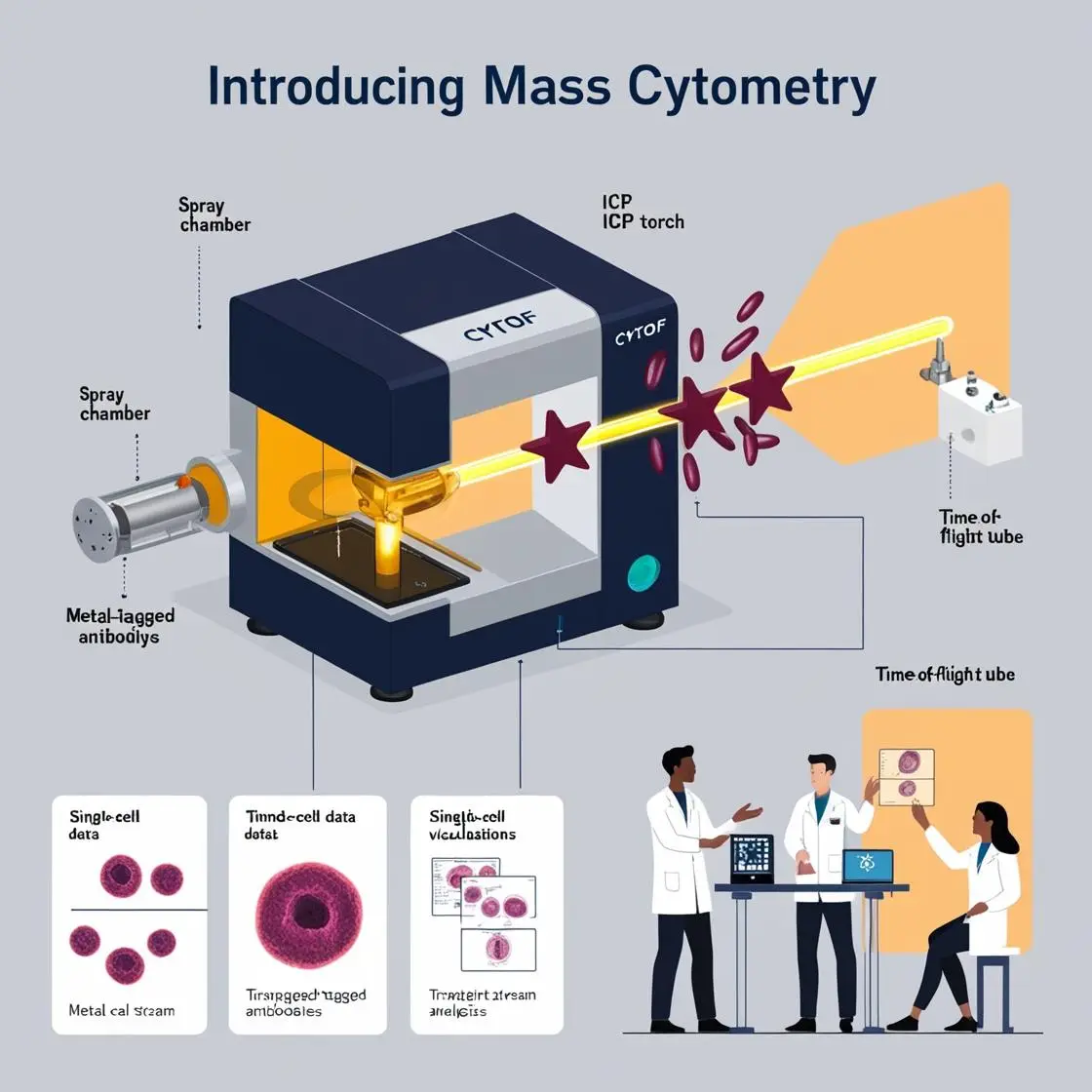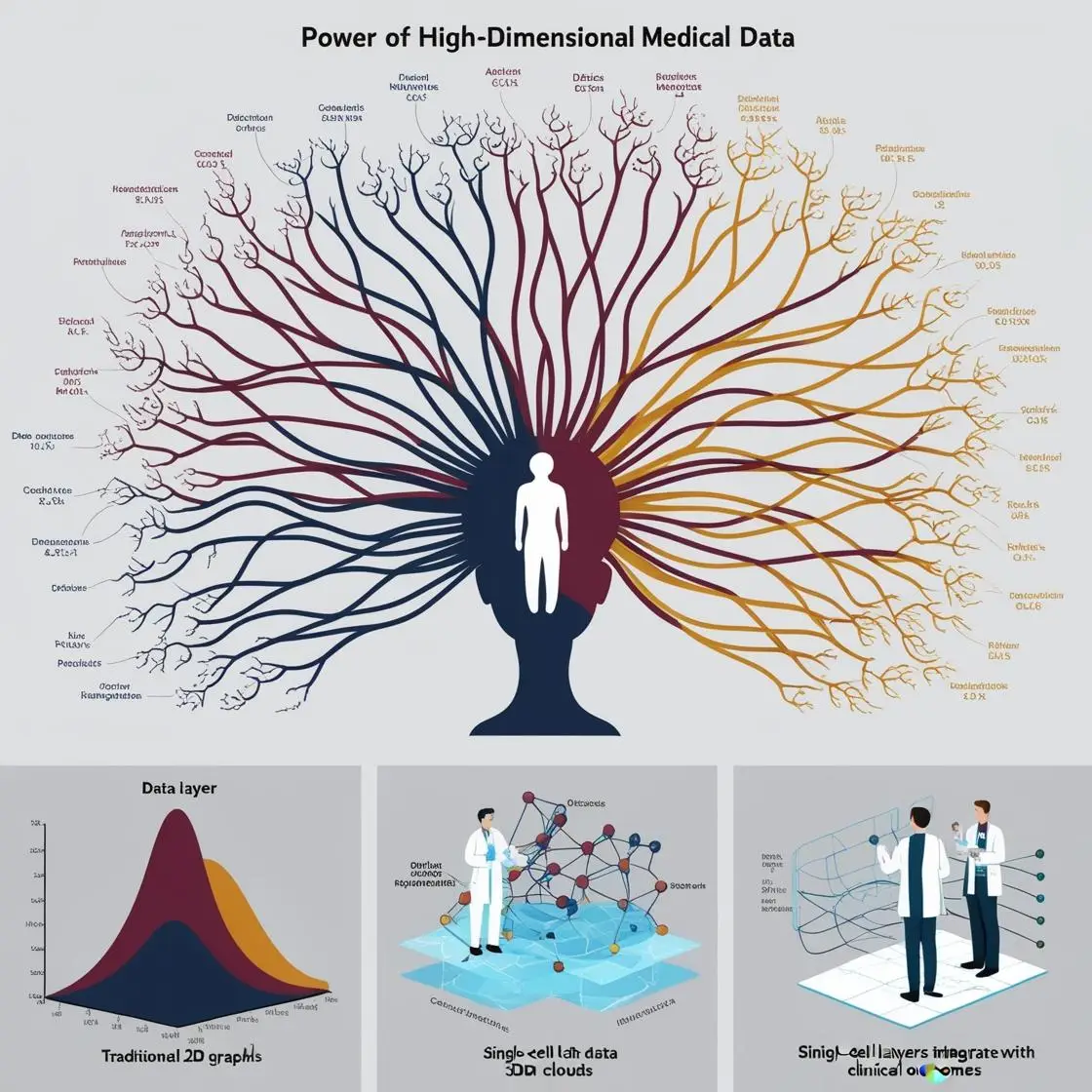Organ transplantation has been revolutionized by the advent of mass cytometry (CyTOF), offering unprecedented insights into the complex immunological landscape of transplant recipients. This technology is reshaping our understanding of graft rejection, tolerance, and immunosuppression management.
Monitoring Graft Rejection and Tolerance
CyTOF has dramatically enhanced our ability to predict and monitor graft rejection. The very recent study by Alexander et al. (2024) in American Journal Transplantation used imaging mass cytometry (IMC) to analyze 32 kidney transplant biopsies with various types of allograft inflammation, utilizing a panel of 28 biomarkers to explore the immune landscape at the single-cell level. The researchers developed novel analytical tools for cell segmentation and classification, including a kidney tissue microstructure classifier, which allowed for detailed analysis of immune cell distribution within different kidney compartments. Using PhenoGraph clustering, they identified 11 immune and 9 nonimmune cell clusters, revealing that memory T cells and macrophages were prevalent across different types of allograft inflammation. The study also employed machine learning to identify spatial biomarkers that could discriminate between different inflammatory phenotypes. Notably, the researchers found that certain cell clusters, such as those representing epithelial-mesenchymal transformation and memory T cells, correlated with poor graft outcomes. This exploratory study demonstrates the potential of IMC to provide a more comprehensive understanding of kidney allograft inflammation, which could lead to improved diagnostic accuracy and personalized treatment strategies in transplant medicine.
Restricted content
You must be logged in and have a valid subscription to see this content. Please visit our subscription page for more info. If you are already a VIP member, be sure you are logged in with the same email address you made your purchase.



